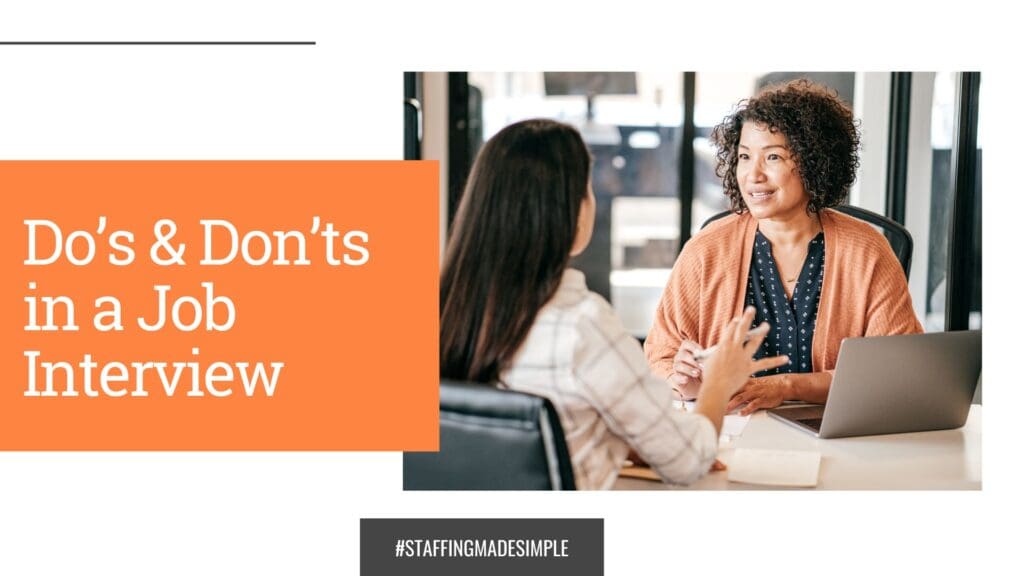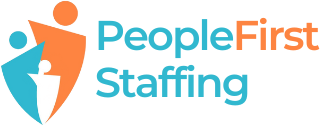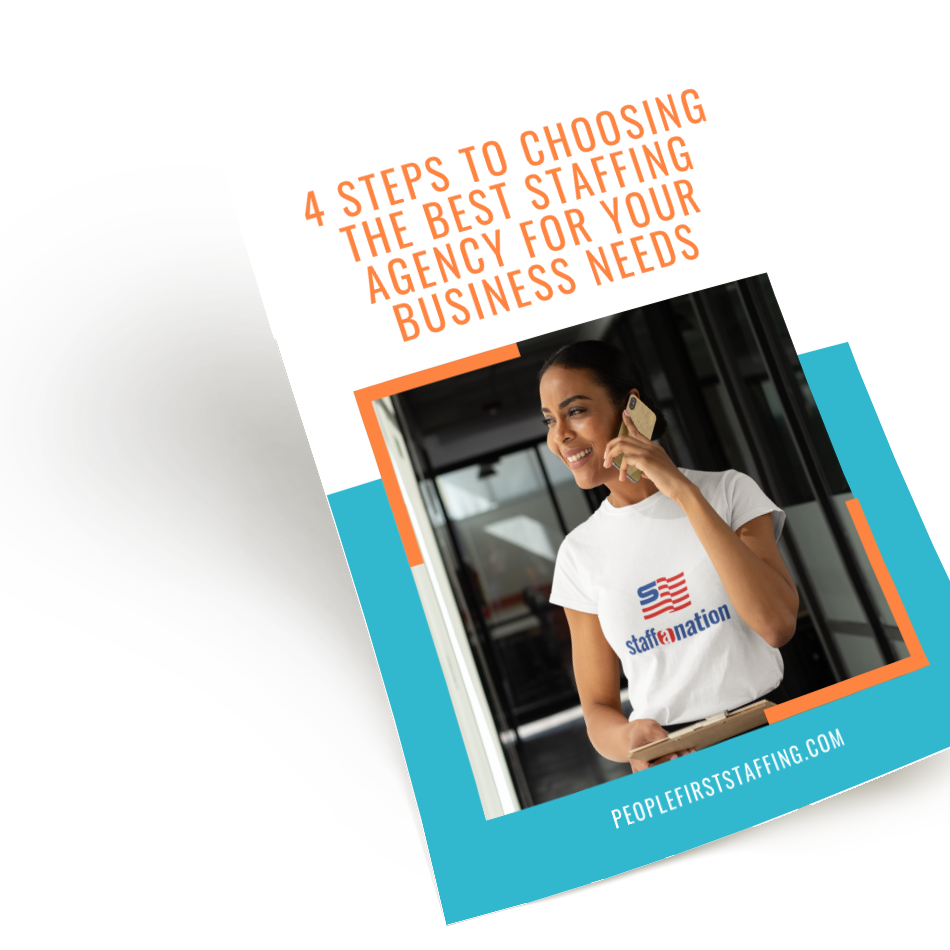
Job Interview Do’s and Don’ts
Interviewing for a job can be a nerve-wracking process. Knowing job interview best practices can increase your chance of receiving a job offer. On the other hand, acting the wrong way can cost you your dream job. If interview etiquette is unclear to you, read our examples for what to do and what not to do in an interview. We’ll start with the do’s:
What to Do in an Interview
DO research the company beforehand.
Preparation is essential to a successful interview, so don’t shortchange your chances before the interview even starts. Research should include looking at the company’s website and social media channels, as well as the interviewer’s LinkedIn page, for some general background information. It’s also a good idea to search for recent industry news to bring up a talking point. These efforts will demonstrate your passion for the job.
DO prepare answers to common questions.
It’s a great idea to come up with a list of examples of times you had success or showed leadership. Consider the STAR method of answering interview questions; STAR stands for situation, task, action and result. Know each of these four components for your examples. You can adapt them to each question. You can also do a simple internet search for common interview questions to get a sense of what you may be asked. You should also be prepared to cover any gaps in your work history.
DO ask questions.
Interviews should be a two-way street, so it’s fair to ask questions of your interviewer. Oftentimes interviewers will end the interview by asking if you have any questions. Asking a few demonstrates your interest in the job. Some examples include:
- What specific projects would I work on in this position?
- What does a typical day look like in this role?
- What training programs are available to your employees?
DO bring a copy of your resume.
Even if you submitted your resume online, it’s a wise idea to bring a few copies to a job interview in the event you are interviewing with two or more people. It provides a tangible way for an interviewer to remember you. Plus, you can reference it if you freeze and forget what to talk about. You can use the resources of the MidPointe Library System to access a computer and printer, plus more resume help. The PeopleFirst Staffing team is also happy to offer resume pointers to job applicants.
DO follow up.
To stand out from the crowd of interviewees, send a follow-up email thanking the interviewer for their time and reiterating your interest in the position. If the time allows, you could also hand write a note of thanks.
What Not to Do in an Interview
DO NOT be late.
Being late before you begin doesn’t bode well for your attendance record. We recommend getting to the interview at least 15 minutes before the scheduled time. As the saying goes, if you are on time, you are late. If you aren’t familiar with the location of the interview, consider a trial run. Always allot more time than you think necessary in case of traffic. You can also use community services to get transportation to the interview.
DO NOT dress inappropriately.
What you wear makes a memorable impression on the people who will hire or work with you. Don’t underdress for your position or it will appear that you lack professionalism. On the other hand, wearing excessive accessories can have the same effect. What to wear to a job interview depends on the industry and position you are interviewing for.
DO NOT speak negatively about your current or past employer.
Speaking poorly of your past boss, coworkers or company will not win you brownie points. You don’t want to seem like a risky hire who may spread negative information or blame others for problems. Instead, give diplomatic responses about past employers, even if your tenure at a former job ended badly. Try to find something positive to say about your past work experiences, and then move the conversation along to highlight the skills you have gained that will be of benefit to your next employer.
DO NOT get distracted.
Your full focus should be on the interviewer. Phone distractions can impact the quality of your conversation and show a lack of interest. Checking your phone, or even leaving the ringer on, can be a big mistake. Looking around the room too much and avoiding eye contact is another thing not to do. Playing with distracting jewelry or an object on the table may also demonstrate boredom to your interviewer. Eye contact means respect, listening and trustworthiness. Keep your hands in your lap or by your sides. The best advice is to sit up properly and focus your attention on the interview. If possible, ask someone to help you practice answering questions and maintaining professional behavior.
How to Have a Successful Interview
Remember to think of an interview as a conversation, albeit a formal one. Take a deep breath and relax before you head into the interview. Present your qualifications and experiences truthfully. If you follow these interview best practices, you’ll be one step ahead of the competition.
Free Staffing Guide: "How to Choose the Best Staffing Agency for Your Business in 4 Simple Steps”
Our fun and action-oriented guide can help you put the steps in order to hire the best staffing agency for you including:
- Tips for clearly defining your needs
- Ways to narrow down your choices
- The right questions to ask when interviewing agencies
- Understanding staffing agency pricing and fee structures
- Choosing the best firm for you

